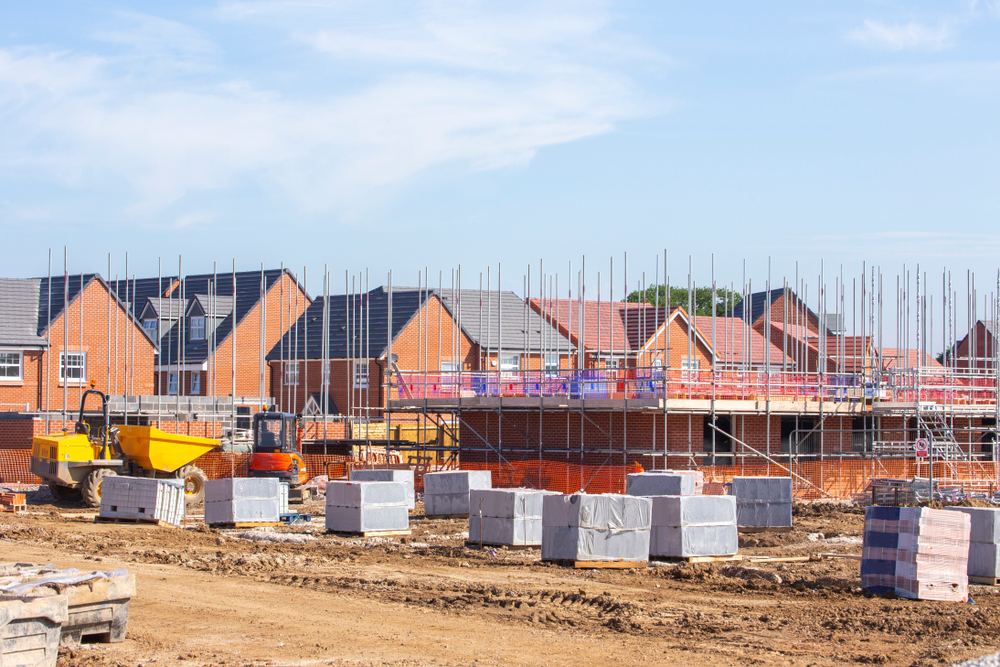
“We have one of the world’s biggest and most dynamic economies. Ours is the world’s most spoken language. We have produced more Nobel Prize winners than any country other than America,” boasts levelling up secretary Michael Gove.
He continues: “But not everyone shares equally in the UK’s success. For decades, too many communities have been overlooked and undervalued. As some areas have flourished, others have been left in a cycle of decline. The UK has been like a jet firing on only one engine.
“Levelling Up and this white paper is about ending this historic injustice and calling time on the postcode lottery,” he says.
The agenda is wide-ranging, with the main points being a shift in power from Whitehall to local leaders, an increase of “at least” 40% in public investment in research and development outside of London, and the publishing of 12 ‘missions’ – goals that include improved pay, better public transport, higher levels of schooling and skills training, and a narrowing of the life expectancy gap between geographical areas.
The government points out that these missions will be quantifiable and tracked in public.
Among these missions, the one directly relevant to the mortgage industry is point 10, which stipulates that, by 2030, “renters will have a secure path to ownership with the number of first-time buyers increasing in all areas; and the government’s ambition is for the number of non-decent rented homes to have fallen by 50%, with the biggest improvements in the lowest performing areas.”
And in more detail, the government explains that as part of its aim to restore local pride, it will:
- Divert more brownfield development funding outside of London
- Set a minimum standard for houses in the private rented sector – the ‘Decent Homes Standard’
- Abolish Section 21 evictions and consult on creating a landlords register
- Launch a £1.5bn home building fund for small and medium sized businesses in the sector
- Introduce a new social housing regulation bill
Commenting on the complete levelling up agenda, Prime Minister Boris Johnson says: “The challenges we face have been embedded over generations and cannot be dug out overnight, but this white paper is the next crucial step.
“It is the most comprehensive, ambitious plan of its kind that this country has ever seen and it will ensure that the government continues to rise to the challenge and deliver for the people of the UK.”
Regarding the housing proposals, National Residential Landlords Association Ben Beadle says: “Every tenant should have the right to expect properties to be safe and secure. The existing Decent Homes Standard, however, is not the right vehicle with which to achieve this important goal.
“At present, this standard, designed for the social rented sector, does not reflect many of the differences between it and the private rented sector. This includes the types and age of properties in each.”
And Propertymark head of policy and campaigns Timothy Douglas comments: “Everyone wants to see a crackdown on rogue landlords and safe and secure private rented homes, but additional standards are meaningless unless they are enforced.
“What’s key for ‘levelling up’ the private rented sector is ensuring that local authorities have the staff and resources needed to actively go out, inspect properties and prosecute.”
He continues: “Abolishing Section 21 has been talked about for a while now by the government but what agents want to know is what will replace it to maintain confidence in the market for landlords.
“Propertymark believes the only workable alternative is to strengthen all grounds for possession and make them all mandatory – this is in keeping with the spirit of the government’s intentions as tenant’s won’t be evicted unless they have been provided with good reason to do so.”
Meanwhile, Chestertons head of lettings Richard Davies says: “With strong demand for quality housing from tenants in and outside the capital, we welcome the government’s decision to prompt private landlords to upgrade their properties and meet a minimum standard; no matter when they were originally built.
“It’s worth noting that, in our experience, landlords that do invest in maintaining or refurbishing their rental properties, benefit from a higher rental income, lower void periods and find that the tenant will take better care of the property to avoid losing any of their deposit.
“Another hopeful side effect of the new legislations is a potential drop in rogue landlords,” Davies concludes.



